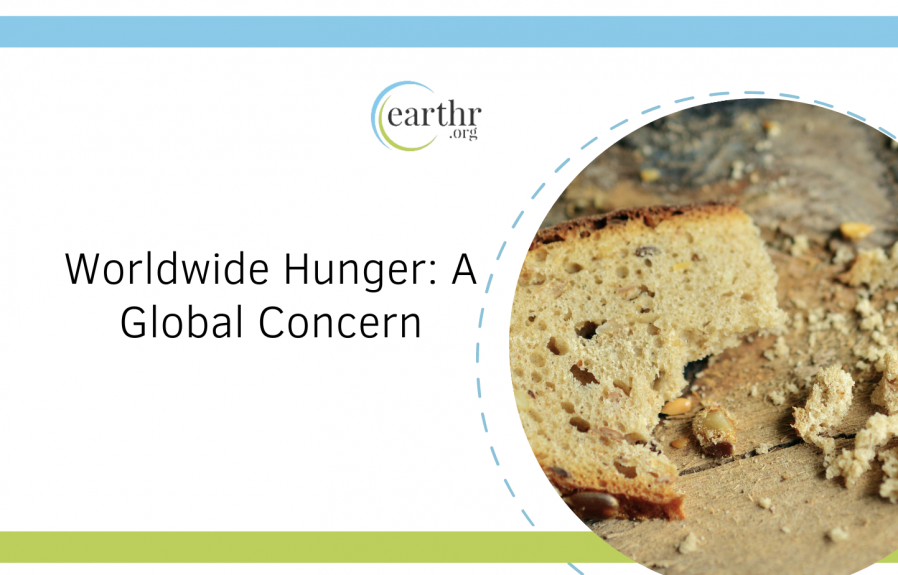Hunger is a persistent issue that affects millions of people around the world, regardless of their age, gender, or nationality. It is a global concern that demands immediate attention and action from governments, organizations, and individuals alike. In this blog post, we will explore the scope of worldwide hunger, its causes and consequences, and the urgent need for collective efforts to combat this humanitarian crisis.
Scope of Worldwide Hunger
According to the World Food Program, approximately 821 million people, or one in nine people worldwide, suffer from chronic hunger. This means that they do not have enough food to meet their basic nutritional needs on a daily basis. Hunger is not limited to developing countries; it also affects vulnerable populations in developed countries, including low-income households, marginalized communities, and refugees.
Causes of Worldwide Hunger
There are several underlying causes of worldwide hunger, including poverty, conflict, climate change, and inequality. Poverty is a significant factor that limits access to food and nutrition. People living in poverty often lack the resources to purchase or produce enough food to sustain themselves and their families. Conflict and war disrupt food production and distribution systems, resulting in food shortages and malnutrition. Climate change, with its adverse effects on agriculture and natural resources, poses a threat to food security. Additionally, inequality and discrimination limit marginalized communities’ access to land, water, and other resources needed for food production.
Consequences of Worldwide Hunger
The consequences of worldwide hunger are dire and far-reaching. Malnutrition, which is a result of insufficient or poor-quality food intake, can lead to serious health issues, particularly among children. Malnourished children are more susceptible to diseases, have stunted growth, and suffer from cognitive impairments that can affect their long-term well-being and productivity. Hunger also contributes to a vicious cycle of poverty, as malnourished individuals are often unable to work or earn a decent income, which further perpetuates poverty in their communities. Moreover, hunger has social and psychological impacts, such as increased vulnerability to violence, crime, and mental health issues.
The Need for Collective Efforts
Addressing worldwide hunger requires collective efforts from governments, organizations, and individuals at local, national, and global levels. Governments must prioritize food security in their policies and strategies, invest in agriculture, and create social safety nets to support vulnerable populations. Organizations, including international and non-governmental organizations, need to work together to provide food assistance, nutrition education, and sustainable livelihood opportunities. Individuals can contribute by supporting charitable organizations working on hunger alleviation, advocating for policy changes, reducing food waste, and making sustainable food choices.
Furthermore, addressing the underlying causes of hunger, such as poverty, conflict, climate change, and inequality, is crucial for long-term solutions. Poverty alleviation programs, conflict resolution efforts, climate change mitigation and adaptation measures, and measures to promote social inclusion and gender equality are essential in combating worldwide hunger.
Conclusion
Hunger is a global concern that affects millions of people worldwide and has severe consequences on health, livelihoods, and communities. Addressing worldwide hunger requires collective efforts from governments, organizations, and individuals to provide immediate food assistance, address underlying causes, and work towards sustainable solutions. By prioritizing food security, addressing poverty, conflict, climate change, and inequality, and fostering global cooperation, we can combat worldwide hunger and ensure that everyone has the right to food and nutrition for a healthy and prosperous future. Let us join hands and take action to make a difference in the lives of those suffering from hunger around the world.
If you wish to know more about sustainable living then do join our community Earthr.org. We talk about ideas from day to day life and startups that are working towards a sustainable future on Linkedin, Instagram and Twitter.



